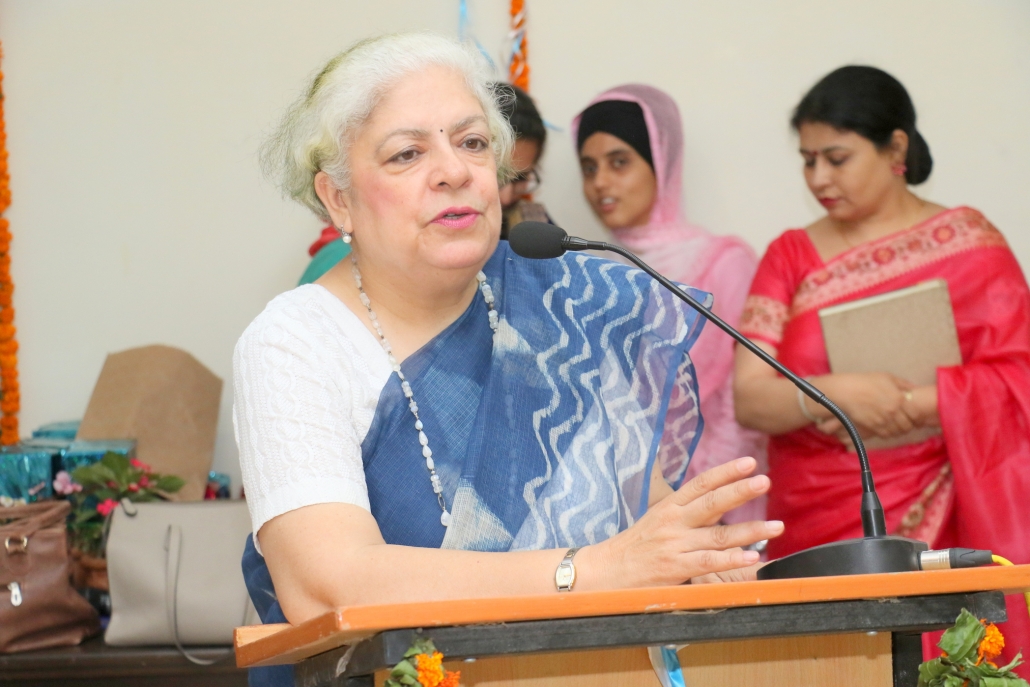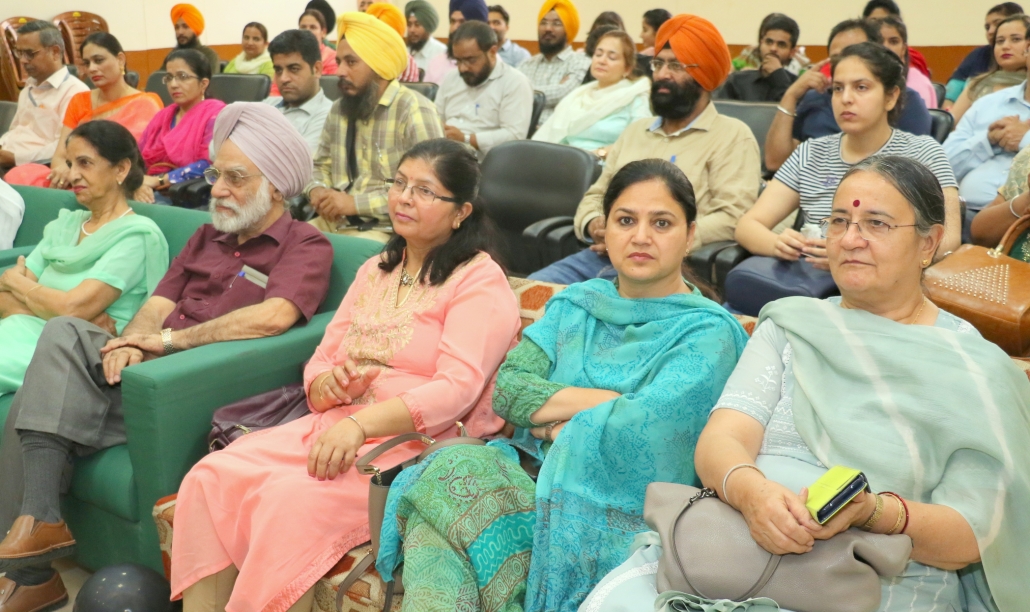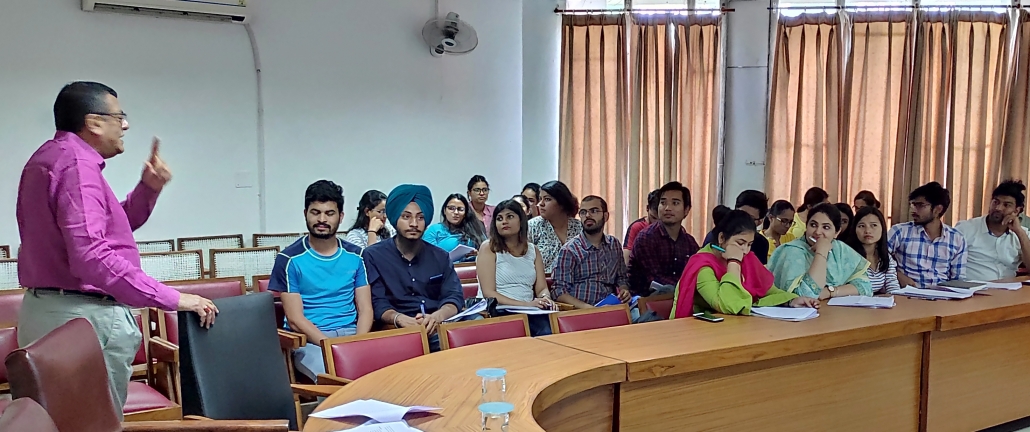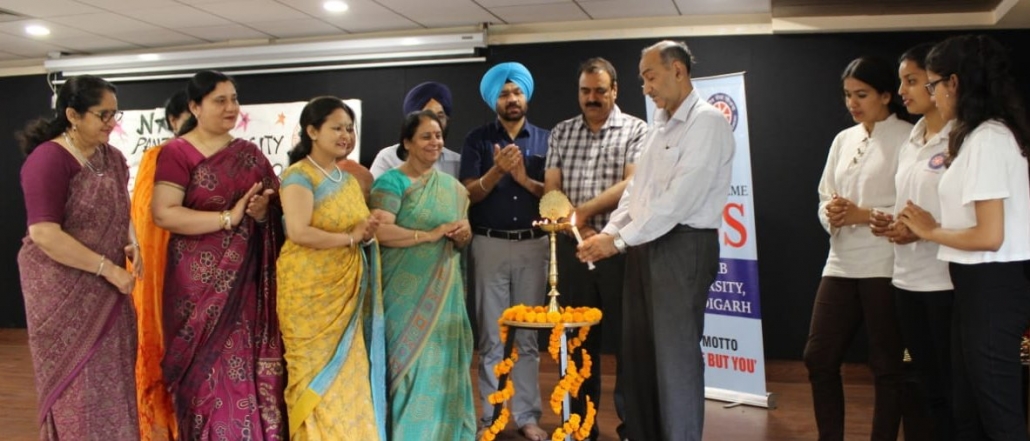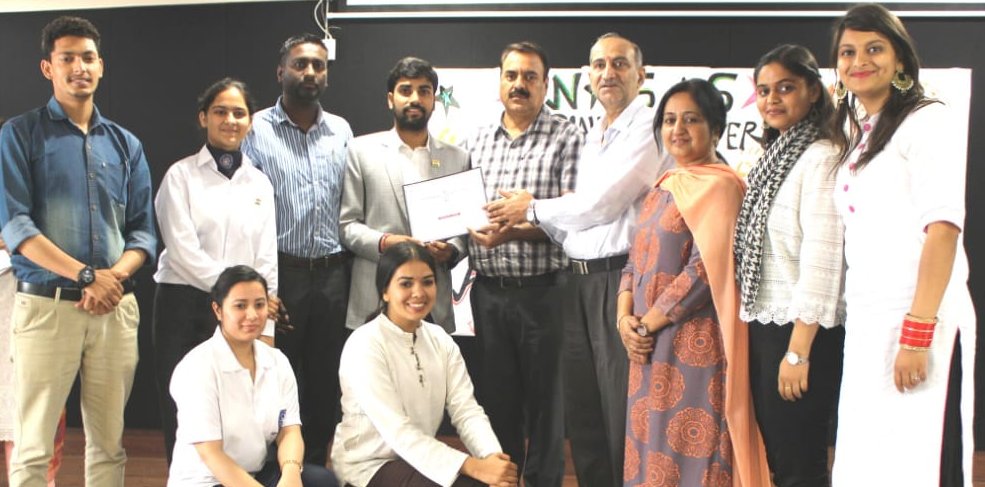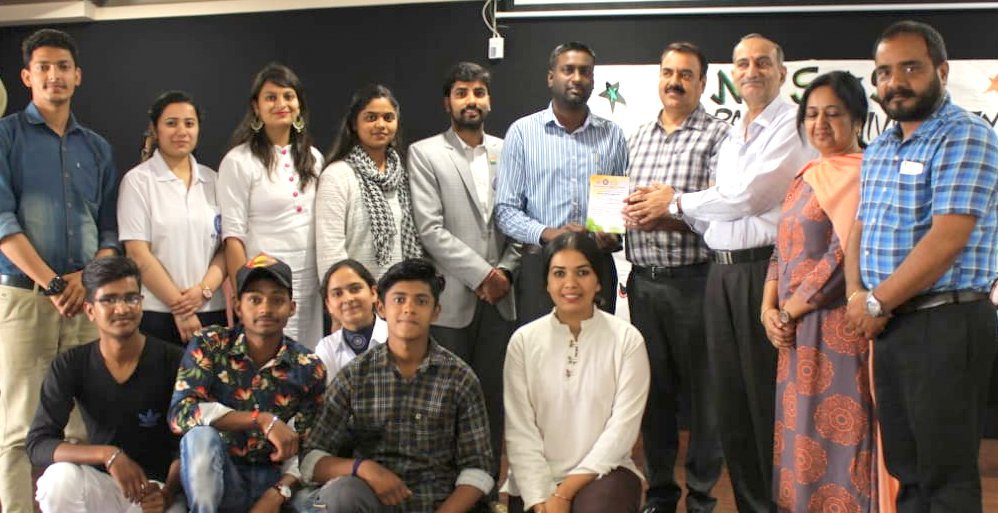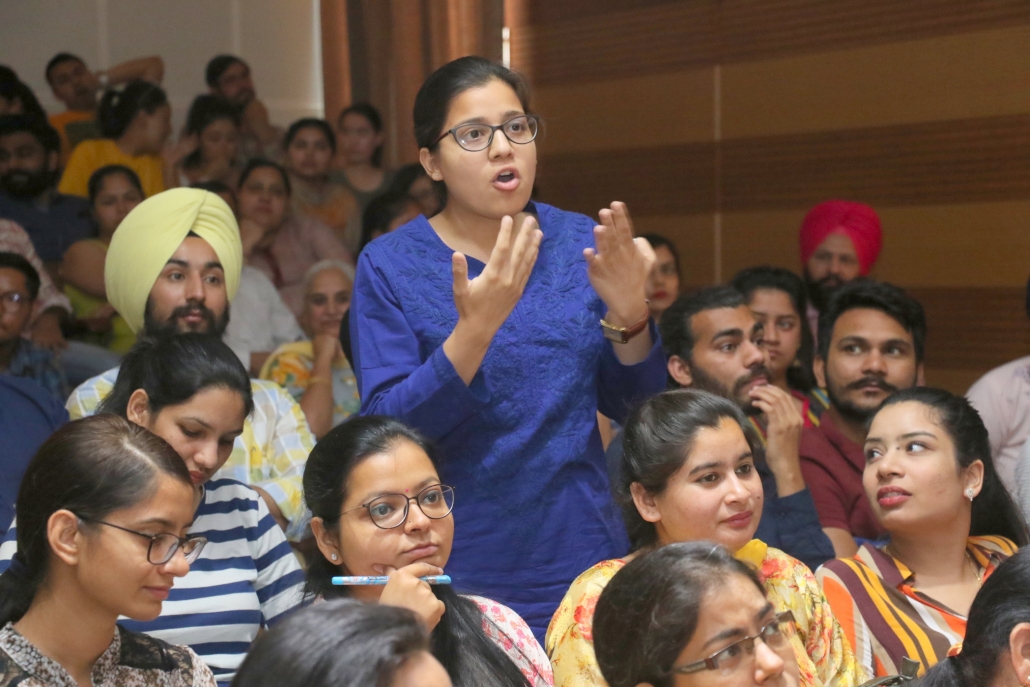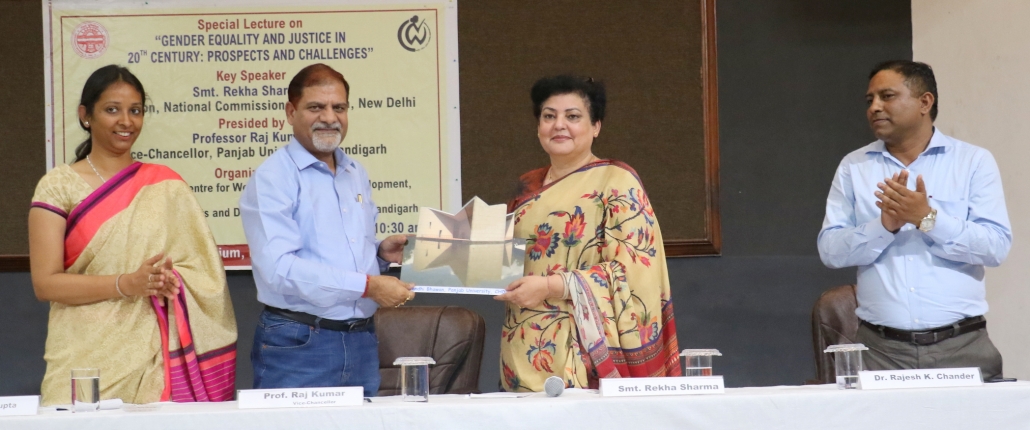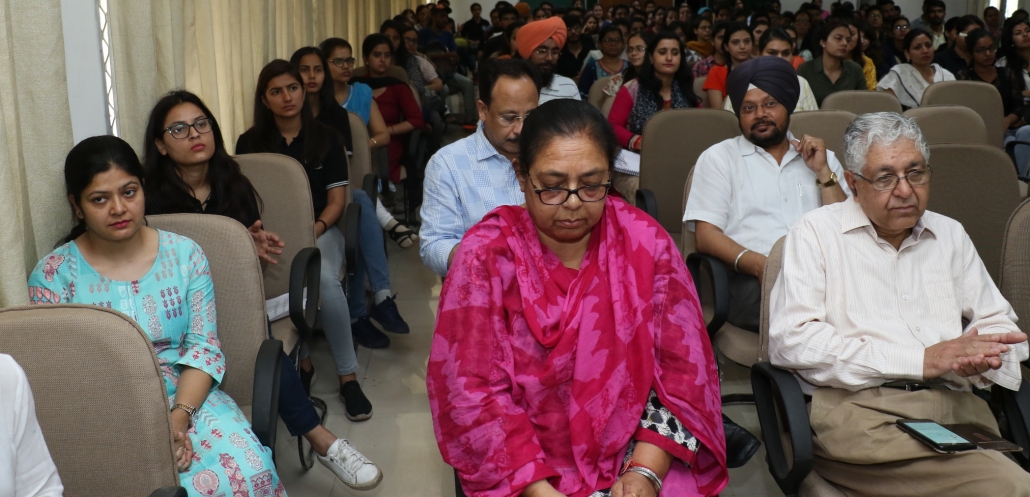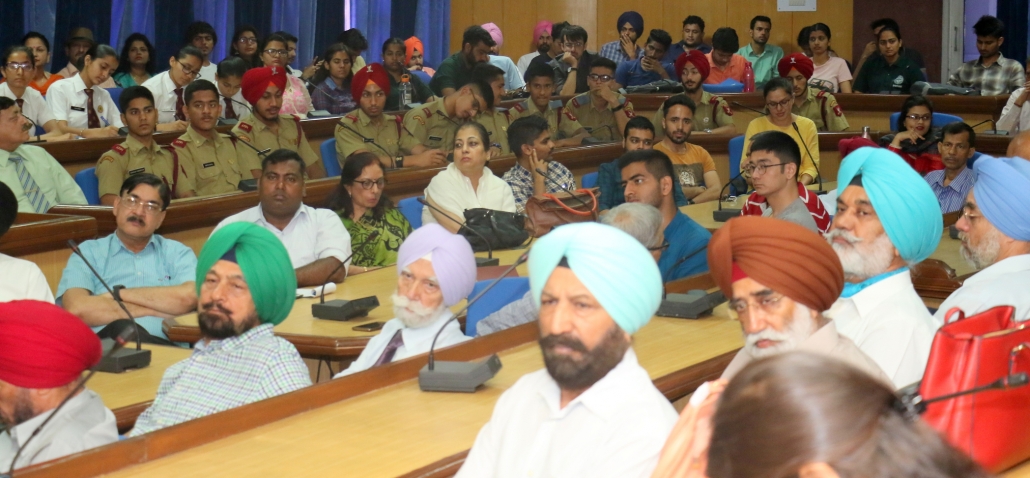Special Lecture on “Conflict Resolution with special reference to Jammu & Kashmir” by Lt. Gen J S Cheema at the DDNSS, PU
Chandigarh April 27, 2019
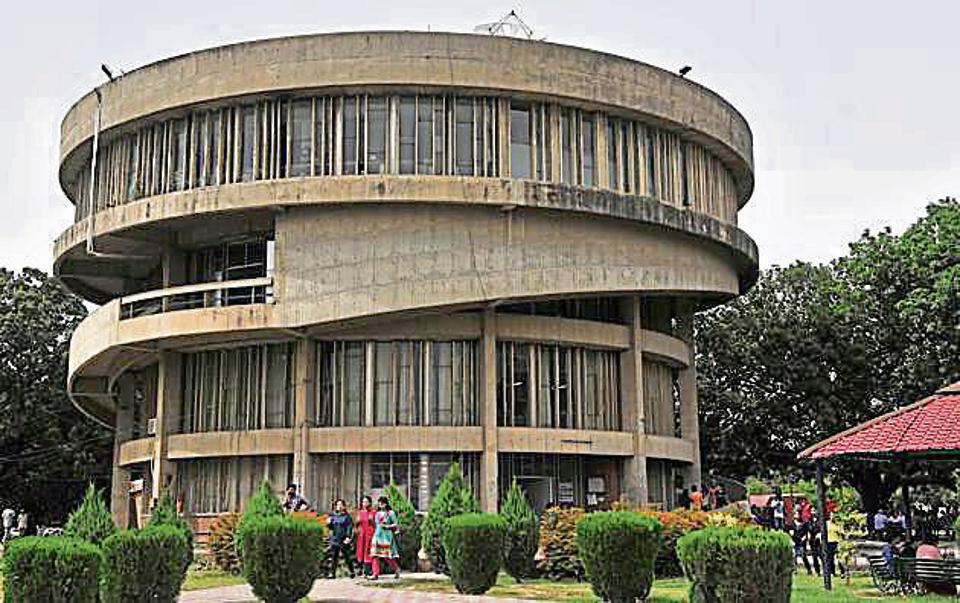
Special Lecture on “Conflict Resolution with special reference to Jammu & Kashmir” by Lt. Gen J S Cheema at the DDNSS, PU
The Department of Defence and National Security Studies Panjab University, Chandigarh organised a special lecture on the theme “Conflict Resolution: Jammu & Kashmir” by Lt. Gen J. S. Cheema (Retd.), here today.
Lt. Gen. J.S. Cheema, has retired as Deputy Chief of Army Staff (Information System and Training). Prior to that, he was Director General of Infantry in Integrated Headquarters of Ministry of Defence. Gen Cheema started the lecture by defining the nature and root causes of conflict in general. He said that the important aspect for any conflict to sustain is the perception of a just cause and the popular support is very- very essential ingredient in sustaining the conflict as it depends upon the cause of it. And combined with that, if there are internal weaknesses in our own handling of a particular situation, then this may further lead to sustaining a conflict. While explaining the cause of conflict in Jammu and Kashmir he discussed in detail all the successive events that happened in Jammu and Kashmir during Independence of India. Whether it is instrument of accession or plebiscite in the state, these are the root causes of the conflict in Jammu and Kashmir. Under part 21 of the Constitution of India, which deals with “Temporary, Transitional and Special Provisions”, the state of Jammu and Kashmir has been accorded special status under “Article 370”. These Articles, whether it is “Article 370” or ‘Article 35 A” they should be diluted.
Lt. Gen. explained in detail the Insurgency and Terrorism prevailing in the state are also the main causes of conflict in Jammu and Kashmir. While talking about the role security forces, he highlighted that Conflict Resolution has political causes, so when the security forces get involved into the conflict, it is not the purpose, neither it is possible for the security forces to resolve a conflict, but it is their responsibility to manage it to such a level where the political process could take place. He added that for any insurgency situation there are two important aspect to sustain one is the level of violence other is the popular support.
He explained the three levels of violence and popular support. In the first
level violence is low and popular support is also low, in the second stage there is low violence and high popular support. At the next level low violence goes to medium violence and medium violence goes to high violence. So at the third stage level of violence is very high and the popular support is also on the highest level of conflict and this is like civil war situation. By giving the example of situation in Jammu and Kashmir in 1990s, he added that insurgency in the state erupted in those years because
the violence level was very low but the support was very very high and this was the time when the movement was led by local terrorist. Later on there was the involvement of foreign terrorists grow rapidly.
He also highlighted in detail about the number of causalities happened in
Jammu and Kashmir from 1948 to till date which saw the tremendous rise since 1990’s.
While talking about India –Pakistan1965 war he said that one of the causes of that war was the India’s successful integration of Jammu and Kashmir in the Union of India. He said that a state can be normal only when the Law and Order of the state are controlled by the local police and without the support of Central reserved forces.
Lastly he concluded his lecture by saying that “the level of violence in Jammu & Kashmir may go up or may go down but the aazadi sentiment may continue remain in the psyche of Kashmiri people.
The lecture was attended by members of various faculty members, serving and retired armed forces officers pursuing various courses in the department, research scholars and students. The lecture was followed by a questions and answers session with the audience.
[responsivevoice_button voice=”UK English Female” buttontext=”Listen to Post”]


